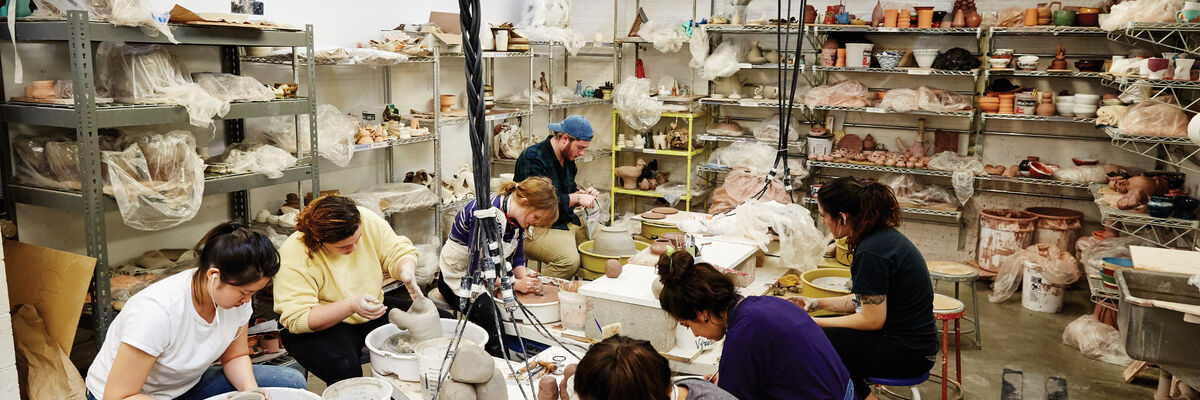
Reflections on Martin Luther King, Jr.
Dear SAIC Community,
On this Martin Luther King, Jr. Day, I hope you will take a moment to reflect on the visionary leader whose life and principles we are commemorating. Given recent events in the United States and on the world stage, I find Dr. King’s words, and his commitment to celebrating our differences and common humanity, resonate now more than ever. At SAIC we strive to build a diverse community modeled after his ideals, recognizing that the arts and design are at their strongest when open to different backgrounds, perspectives, and personal histories.
Dr. King’s example is of great relevance to my own life and career. He and I both graduated from Morehouse College in Atlanta, Georgia. Although we attended the college a decade apart, Dr. King described his time at Morehouse as foundational to his development as a young person, as would I. In particular, we were both fortunate to receive the mentorship of Dr. Benjamin Elijah Mays, Morehouse’s President for nearly three decades and a leading voice in the struggle against segregation.
Years later, it was my great privilege to follow in Dr. Mays’ footsteps as President of Morehouse, a role in which I served for a dozen years before coming to SAIC. One of the crowning achievements of my tenure was the opportunity I had to acquire Dr. King’s papers for the college, working in partnership with former Atlanta Mayor Shirley Franklin. Today, papers from the Martin Luther King, Jr. Collection are on display at the National Center for Civil and Human Rights in Atlanta and include early drafts of such historic documents as his “I Have a Dream...” speech from 1963 and his Acceptance Speech on receiving the Nobel Peace Prize in 1964.
As we enter the New Year and prepare for the second semester, I will remind you of a passage from Dr. King’s “The Purpose of Education,” written in 1947 while he was still a Morehouse student: “We must remember that intelligence is not enough. Intelligence plus character—that is the goal of true education. The complete education gives one not only power of concentration, but worthy objectives upon which to concentrate.” I hope you will take a moment to read through some of Dr. King’s other works and consider what his legacy means to us as individuals, as artists, designers, and scholars, and as citizens of the world.
Best regards,
Walter E. Massey
